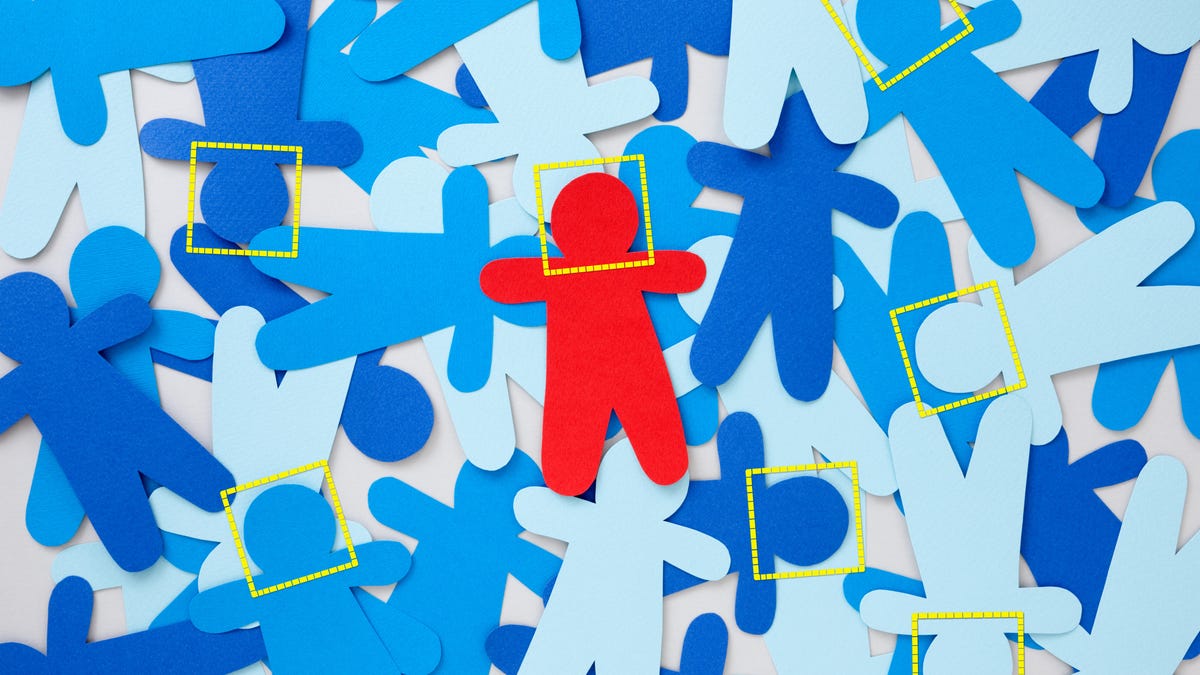Black teen kicked out of skating rink after facial recognition error
Misidentified, accused of brawling and then kicked out of a roller-skating rink -- the case of a young Detroit girl is the latest facial recognition controversy.

Public outcry against facial recognition software is on the rise this week as the parents of a Black teenager consider legal action against a Detroit-area roller-skating rink, accusing the rink of racially profiling their daughter with the technology. The rink banned teen Lamya Robinson on Saturday, according to a report from Fox 2 Detroit, accusing her of participating in a public brawl, after the rink's facial recognition software wrongly identified her as a previous patron.
"To me, it's basically racial profiling," the girl's mother, Juliea Robinson, told the news outlet Thursday. "You're just saying every young Black, brown girl with glasses fits the profile, and that's not right."
Family members told local TV station WJBK they were thankful the skating rink didn't call the police, but Lamya's father said the rink still risked his young daughter's safety by tossing her out alone.
"You all put my daughter out of the establishment by herself, not knowing what could have happened," Derrick Robinson said.
"I was so confused because I've never been there," Lamya told the local news outlet. "I was like, That is not me. Who is that?"
Read more: Facial recognition has always troubled people of color. Everyone should listen
In a response statement to Fox 2 Detroit, a Riverside Arena spokesperson said the software provided a "97% match" between photos of a previous patron and Lamya's facial scan.
"This is what we looked at, not the thumbnail photos Ms. Robinson took a picture of. If there was a mistake, we apologize for that," the spokesperson told the news outlet.
Studies have shown that facial recognition tech misidentifies, at a disproportionate rate, female subjects and subjects who have darker skin tones, incorrectly flagging them as matches to photographs. In May, Amazon paused its sale of facial recognition software to law enforcement agencies, indefinitely extending a previous yearlong moratorium amid public outcry.
Read more: Why facial recognition's racial bias problem is so hard to crack
Riverside Arena's misidentification is the latest instance of someone being mistakenly ID'd by facial recognition technology used by businesses. Recent calls to action from digital rights groups are urging retailers to step away from the tech.
In an interview with CNET sister publication ZDNet, Fight for the Future campaign director Caitlin Seeley George said Lamya's situation was "exactly why we think facial recognition should be banned in public places."
Legislation prohibiting the use of facial recognition has taken hold in a handful of cities across the US, and several lawsuits that could impact the surveillance tech are expected to be resolved this year.
CNET's attempts to reach the Riverside Arena skating rink for comment were unsuccessful.

